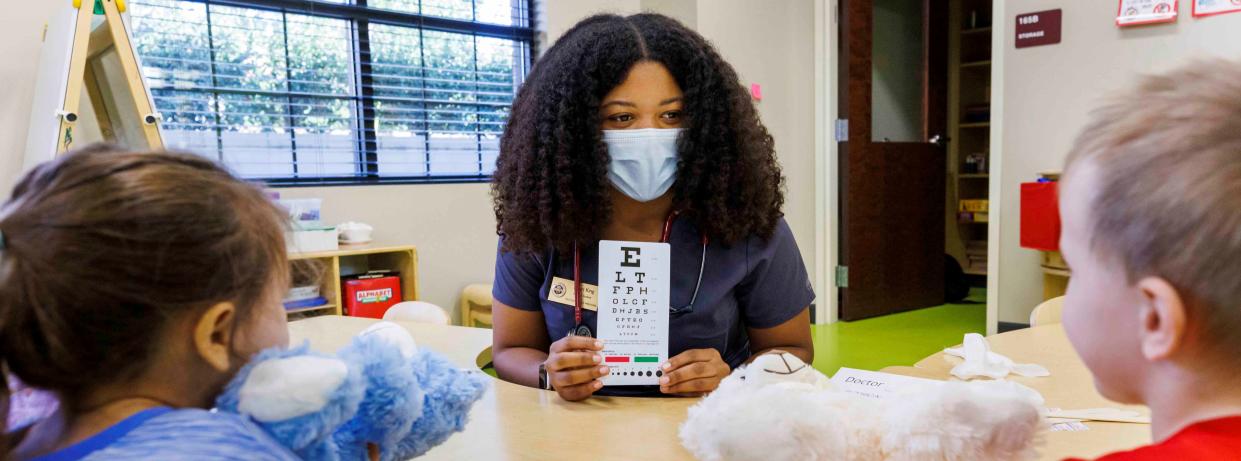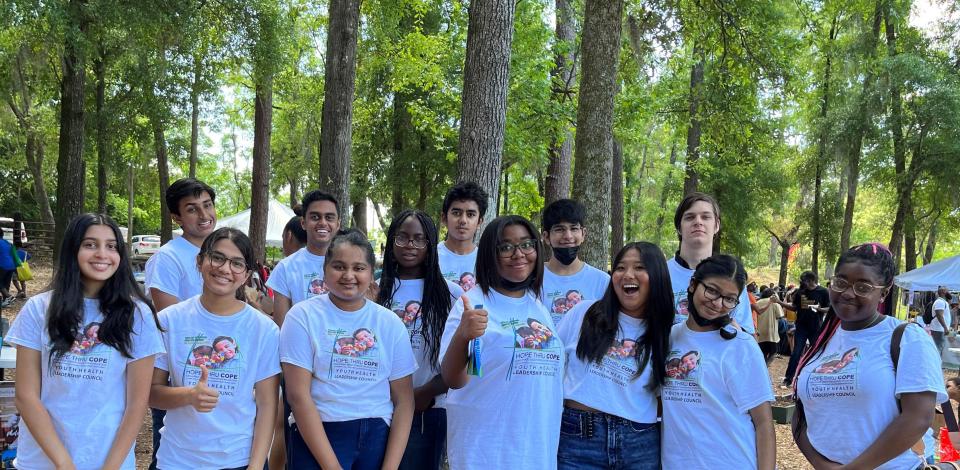What's health literacy? Educate yourself on how to be the best steward of your body

As October moves on and we move deeper into the fall, let’s take stock of our understanding of health literacy.
October has been designated as health literacy awareness month — a time to promote awareness and to work on ways to solve health literacy problems. It provides an opportunity to better understand the importance of being health literate.
Aging: Take charge of your well-being with five steps for healthier aging | Mark Mahoney
Research: FSU joins online program that matches volunteers with health research
Running: Tall Timbers beauty on display for sunrise on the rugged 2022 Pine Run 20K | David Yon
There is an inordinate amount of misinformation (as well as some very good research-backed sources) which needs to be deciphered by the public as well as other ways that individuals, health care providers and others can play important roles in helping to achieve better health literacy.
The intent of today’s column is to provide a general overview on health literacy and provide some additional resources to better understand the crucial role of being health literate to help achieve a better quality of life through a healthier lifestyle.
What is health literacy?
The definition of health literacy was updated in August 2020 with the release of the U.S. government’s Healthy People 2030 initiative. The update addresses personal health literacy and organizational health literacy and provides the following definitions:
Personal health literacy is the degree to which individuals have the ability to find, understand, and use information and services to inform health-related decisions and actions for themselves and others.
Organizational health literacy is the degree to which organizations equitably enable individuals to find, understand, and use information and services to inform health-related decisions and actions for themselves and others.
The new definitions:
Emphasize people’s ability to use health information rather than just understand it
Focus on the ability to make “well-informed” decisions rather than “appropriate” ones
Acknowledge that organizations have a responsibility to address health literacy
Incorporate a public health perspective
From a public health perspective, the organizational definition acknowledges that health literacy is connected to health equity. Health equity is the attainment of the highest level of health for all people. We will achieve health equity when everyone has the opportunity to be as healthy as possible.
Which factors can affect health literacy?
Many different factors can affect a person's health literacy, including their:
Knowledge of medical words
Understanding of how the health care system works
Ability to communicate with health care providers
Ability to find health information, which may require computer skills
Reading, writing, and number skills
Personal factors, such as age, income, education, language abilities, and culture
Physical or mental limitations
Many of the same people who are at risk for limited health literacy also have health disparities. Health disparities are health differences between different groups of people. These groups may be based on age, race, gender, or other factors.

Why is health literacy important?
Health literacy is important because it can affect your ability to:
Make good decisions about your health
Get the medical care you need. This includes preventative care, which is care to prevent disease.
Take your medicines correctly
Manage a disease, especially a chronic disease
Lead a healthy lifestyle
Health literacy can help us prevent health problems, protect our health, and better manage health problems when they arise.
Thanks to the CDC and MedlinePlus for much of the content in this column.
Reference/additional resources
Check out the U.S. government’s report which focuses on health literacy at health.gov/healthypeople
A good resource with a lot of detailed information on health literacy can be accessed at MedLinePlus (through the National Library of Medicine) at medlineplus.gov/healthliteracy
Finding and evaluating credible health information online is an important one. Check out the following resource to assist you: openmd.com/guide
Mark A. Mahoney, Ph.D. has been a Registered Dietitian/Nutritionist for over 30 years and completed graduate studies in Nutrition & Public Health at Columbia University. He can be reached at marqos69@hotmail.com.
Never miss a story: Subscribe to the Tallahassee Democrat using the link at the top of the page.
This article originally appeared on Tallahassee Democrat: Health Literacy Awareness: Act to get information for better health

